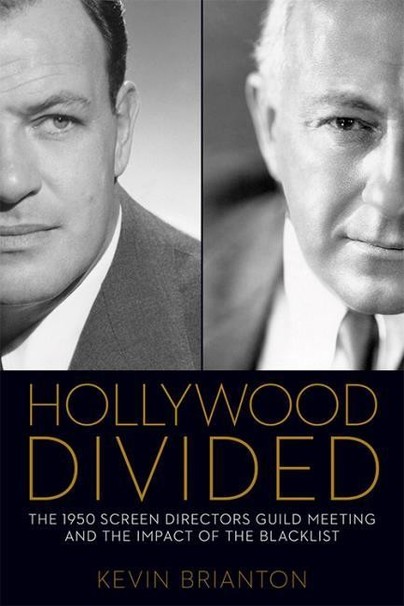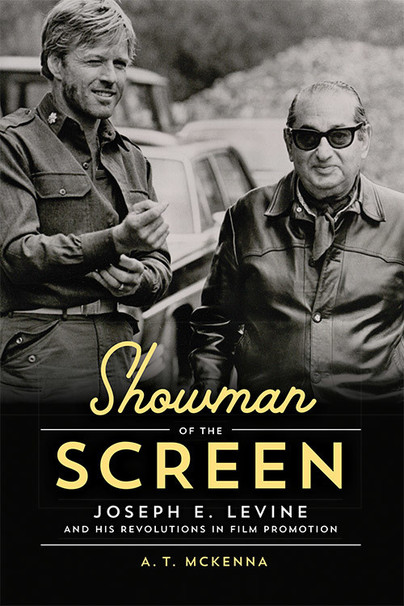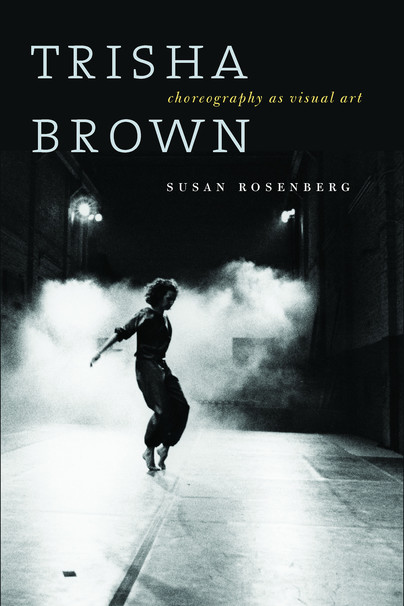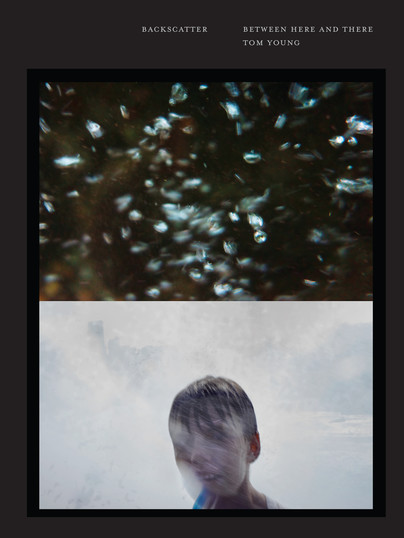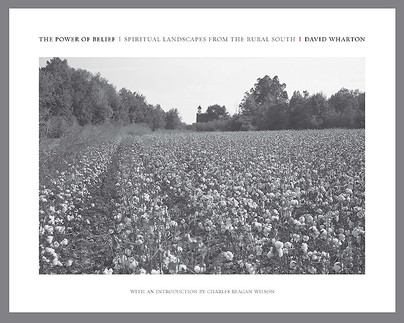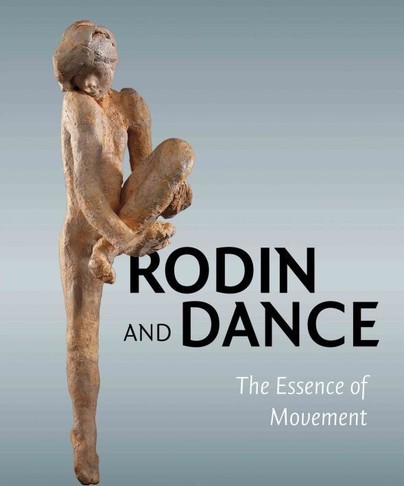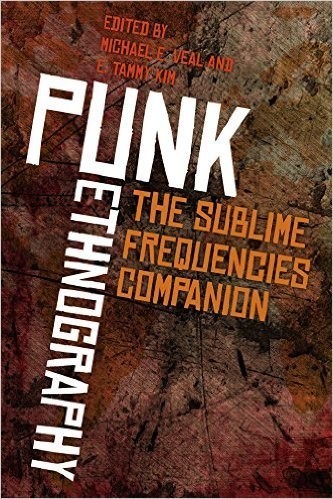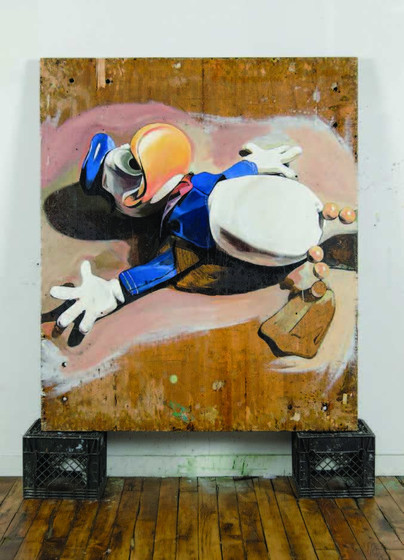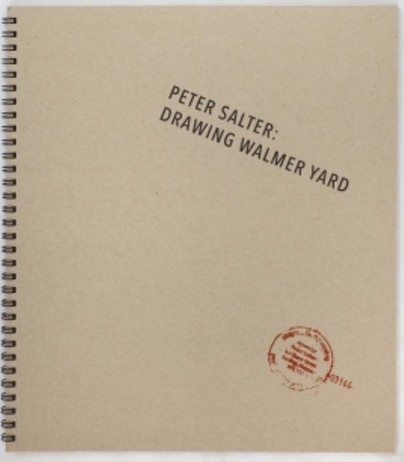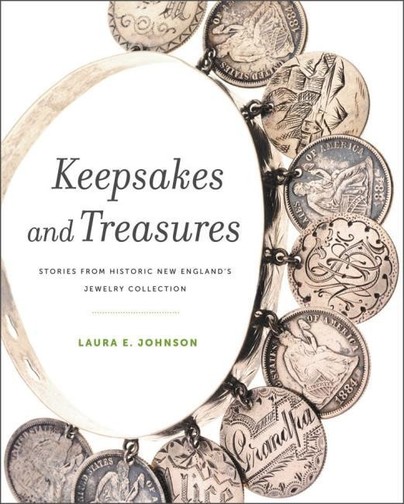Featuring an interview with Sina Najafi, an essay by Martin Herbert, and designed by Dominique Clausen, this is the first major monograph on the British-born, New Yorkbased artist Oliver Clegg. An eclectic, polyphonic and multidisciplinary artist, Clegg’s oeuvre stretches from painting, drawing and printmaking to sculpture, installation, site-specific art, participatory projects and beyond. Indeed, his practice is in many ways a shining example of ‘post-medium’ creativity today, pursuing the essence of art itself beyond any specific medium or artform.
The irony is, he’s pretty damn good with each artform too. With his erudite, surprising and striking repertoire, and his diverse materials and methods (from glass, wood and steel to neon, resin and concrete, weaving and casting to engraving and industrial manufacture), Clegg offers the viewer a complex, sometimes playful, other times moving journey into existential and ontological notions of objecthood and matter, images and signs, languageand communication, creation and being. From the studio and gallery walls to the streets of London and New York,from Freud’s house to the Joshua Tree National Park, from foosball tables to state asylums, Clegg turns up to do remarkable things with the fabric of spacetime. And yes, it’s an emotional rollercoaster of a ride – in fact, Clegg’s oeuvre spans a significant proportion of the spectrum of human emotion, his unique trans-Atlantic blend of humour, sarcasm and wit coming face to face with the much more serious matters of memory, psychology, truth, belief, meaning, love, life and death. Nostalgia, childhood, games, play and sentimentality career headlong into the realms of kitsch, Pop and the history of the avantgarde, resulting in a delightful yet challenging range of responses from the viewer, whether amusement, camaraderie, joy, bemusement, outrage, disillusionment or a call to arms. Clegg is an artist with great energy, incredible spirit, and one of the most engaging, curious, cryptic and entertaining oeuvres currently making waves in the world of art. In many ways an exploration of the id, ego and superego, Clegg’s practice plays out the struggle between our basic desires, our rational minds, and the underlying mores that keep us in check. Not unlike Freudian notions of the psyche, Clegg’s practice articulates the battle that takes place inside us all on a daily basis, spilling into the outside world in myriad ways. It is a fight, yes, but it is play too.



